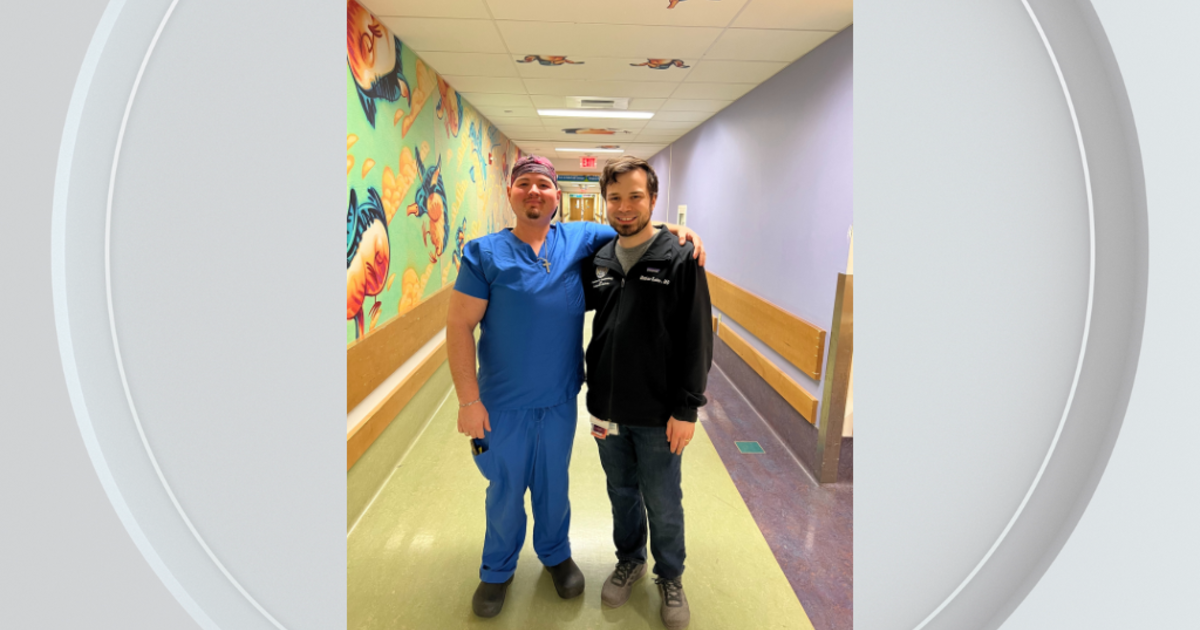Breathing Problems Could Be Caused By Vocal Cord Dysfunction, Not Asthma
PITTSBURGH (KDKA) – Barista Heather Hackett thought she had asthma.
"A lot of throat clearing, coughing, eventually it will turn into just not breathing," she describes.
At first, her symptoms were triggered by a customer's perfume.
"Then, it became every sort of perfume, scent, air freshener, cleaners, it sort of became everything making me sick," she says.
Doctors gave her treatments for asthma, but she didn't respond. After a closer look, they eventually diagnosed her instead with vocal cord dysfunction or VCD.
"It's more common than the general public, or even the medical community suspects," says West Penn Hospital ear, nose, and throat specialist Dr. Shelly McQuone. "It's very common in young women, the most common population to have it. They may have seen their family doctor, urgent care, pulmonary, quite a few other sources of medical care before they come to us."
The vocal cords normally open when we inhale and close when we speak. It's the opposite with VCD, which is why Hackett experienced symptoms only when she was breathing in, and not breathing out.
Visualizing the vocal cords can be key to the diagnosis.
"It's sort of this strange tube that they stick through your nasal passageway and it sort of looks down at your vocal cords," Hackett explains.
"I asked Heather to imitate an attack," says her speech pathologist, David Ford, "and when she did, I saw that her larynx was completely tight, and all of her structures above her larynx were closing down."
Why that happens is a combination of physical and psychological factors.
"It can be approached through the speech pathologist, it can be approached through psychotherapists, it can sometimes be aided through anti-anxiety medications," says Dr. McQuone.
The usual treatment is behavioral therapy to retrain breathing techniques, especially in the presence of triggers.
"We're doing speech therapy, and hopefully through that I can learn how to control the vocal cords and keep them open when these attacks are occurring," says Hackett.
Generally, people with vocal cord dysfunction have a good prognosis - it responds well to the behavioral therapy. And then, if there is any component of asthma, inhaler medications tend to work better, and the asthma symptoms improve, too.
RELATED LINKS
More Health News
More Reports From Dr. Maria Simbra



